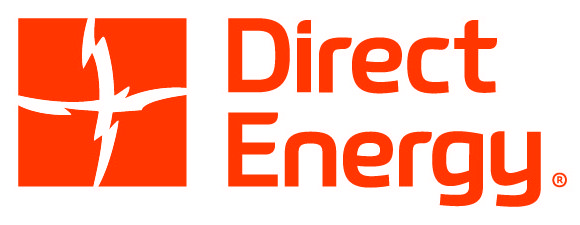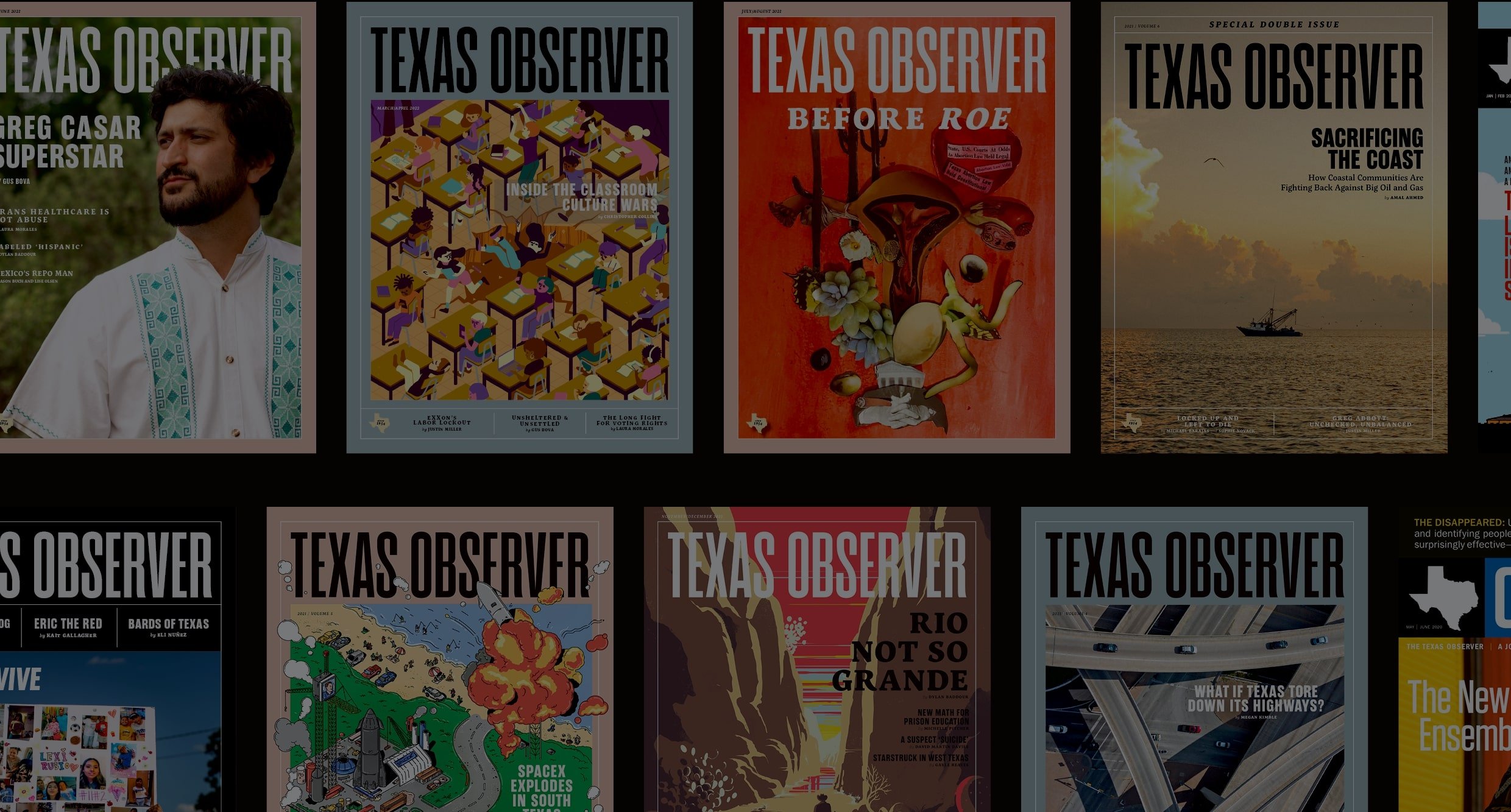
Consumer Group: Prepaid Electricity Plans Deceptive, Expensive
In Texas’ free-for-all deregulated electricity market, all plans aren’t created equal. There are fixed-rate plans, plans that fluctuate from day to day, 100-percent renewable energy plans, and plans that are sold through multi-level marketing methods. And then there are pre-paid electricity plans, which charge high rates and can frequently fluctuate in price. Consumer group Texas ROSE has been investigating one prepaid product, Direct Energy’s “Power-To-Go.” In a petition to the Texas Public Utility Commission, the advocacy group argues the plan leaves customers at risk of sudden electricity shutoffs during extreme weather events. Texas ROSE, relying in part on a whistleblower account, also accuses Direct Energy of targeting low-income minority customers through deceptive marketing tactics and potentially violating PUC rules protecting consumers.
David Korn, a former Direct Energy employee who worked in an Arizona call center that handled customer service for Power-To-Go, contacted Carol Biedrzycki of Texas ROSE after noticing a pattern of complaints from customers.
“I had been working about a month or so and during my employment I noticed a lot of activities that were questionable and I took notes,” Korn told the Observer.
For Korn, much of his concern has to do with critical care patients, children and families enrolled in the Power-To-Go option. Unlike monthly billing plans, prepaid accounts can be shut off the moment the account balance reaches zero. There are no limits on the number of disconnections. Customers often complain that they didn’t know their balance was approaching zero, the Texas ROSE complaint states.
Because power can be shut off suddenly, the prepaid plans could put people in danger who rely on medical devices and be a health risk, he says. For that reason, PUC rules say that critical-care patients shouldn’t be on prepaid energy plans.
Direct Energy considers its online monitoring feature an advantage that lets customers “see how much energy they’re using on a daily basis, take control of their energy use and potentially save money,” according to a 2012 press release. But Korn states in an affidavit filed with the PUC that many customers don’t have access to a computer or don’t know how to monitor their energy usage. Other customers complained to Korn that they didn’t receive notice before service was cut—a problem that Korn blames on the company’s shoddy messaging system. “Message notification fails on a regular basis,” he said.
In his affidavit, Korn says “on days when below-freezing overnight temperatures were forecasted, I regularly handled calls from panicked mothers who had lost power, sometimes without warning due to messaging failures.”
Korn claims he’d ask his supervisors why the accounts weren’t protected from shutoffs during extreme weather, as required by PUC rules, only to be told “that any account that had already dropped below zero and lost power was simply out of luck.”
The Texas ROSE petition also claims that Direct Energy uses “deceptive marketing tactics” to sign up people for the prepaid plan. The company tells customers that the prepaid plan is “like putting gas in a car,” where you know how long you have between “fill-ups.”
But in reality there’s a one or two-day lag between posting usage amounts, and the company refuses to offer any payment extensions. And the “pay as you go” feature can lead to paying more for electricity. Instead of a monthly bill, people typically end up making several smaller payments each month that end up being more expensive.
“This is a big problem because the price can change daily,” Biedrzycki says. “I like to give the analogy of a prepaid phone card. You can put 20 minutes worth of phone time on your account, but you don’t know how many kilowatt- hours you’re getting for a certain amount.”
Korn stated in his affidavit that some customers had been convinced by collection agents to switch to the prepaid option so they could “pay as often and as much as they’d like.”
Biedrzycki also said that other jurisdictions and states handle prepaid energy plans differently. In Pennsylvania, low-income customers cannot sign up for prepaid accounts. One company in Arizona charges prepaid accounts a tariffed, regulated rate that’s barred from fluctuating.
The complaint alleges that Direct Energy targets low-income, minority and undocumented people with promises of no credit checks, no deposit and no monthly billing.
In a statement, a Direct Energy spokesperson said the company “takes these allegations very seriously” but noted that the company “serve tens of thousands of satisfied Texans on our prepaid Power To Go plan with more customers signing up daily.”
When Texas deregulated more than a decade ago, customers were expected to have more flexibility in choosing their electricity provider, which, proponents argued, would lead to lower costs.
According to several zip code checks on the PUC site PowerToChoose.org, Power-To-Go’s rate of 14.4 cents per kilowatt-hour was the third-most expensive out of 196 plans, just slightly cheaper than two renewable energy plans.
The Texas ROSE petition was filed nearly a month ago, but so far the PUC has taken no action on Direct Energy’s Power-To-Go plan.
“The entire idea of prepaid electricity service is problematic,” Korn says. “It opens the door for discriminatory marketing and subpar service for low-income customers.”

